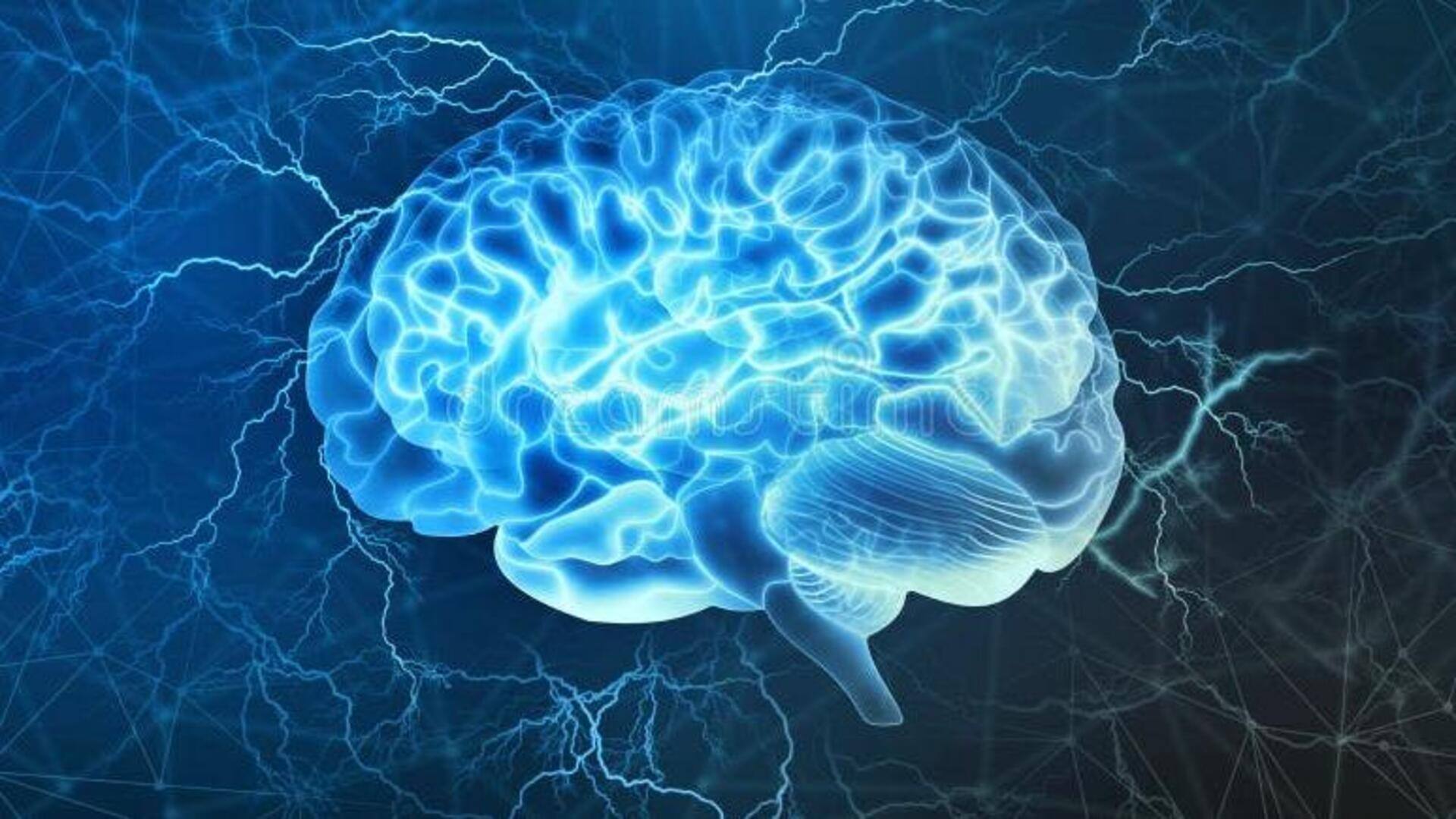
Brain may release its own cannabinoids to lower stress: Study
What's the story
A study reveals that under stress, the human brain may release its own cannabinoid molecules to help you calm down. These molecules activate the same receptors in the brain as THC does. THC (Tetrahydrocannabinol) is the primary psychoactive compound found in cannabis (marijuana) plants. This discovery provides further evidence that these endogenous cannabinoid molecules are a natural coping response to stress and could potentially lead to new treatments for stress-related disorders.
Details
Endocannabinoid system is among key candidates for drug development
Stress increases the risk of developing or worsening psychiatric disorders like generalized anxiety, depression, and PTSD (post-traumatic stress disorder). "Understanding how the brain adapts to stress at the molecular, cellular, and circuit level could provide critical insight into how stress is translated into mood disorders and may reveal novel therapeutic targets for the treatment of stress-related disorders," said Sachin Patel, the study's corresponding author, and a Northwestern Medicine psychiatrist.
Process
Disrupted cannabinoid signaling could be linked to stress-related psychiatric disorders
The research indicates that impairments in the brain's endogenous cannabinoid signaling system could lead to a greater susceptibility to developing stress-related psychiatric disorders. In the study, when mice were subjected to stress, the amygdala (mass of gray matter) in their brains was found to show high-frequency patterns that released cannabinoid molecules. The team used a real-time protein sensor to detect the presence of these molecules.
Findings
What happened when the target receptor was removed
Researchers found that when the target receptor of these cannabinoid molecules, cannabinoid receptor type 1, was removed, it resulted in a poorer ability to cope with stress and decreased motivation. The mice also showed lesser interest in participating in activities that gave them pleasure, such as drinking sweetened sucrose water. This finding could be associated with anhedonia or a decrease in pleasure, which is often seen in people with depression and PTSD.
Insights
Boosting endocannabinoids: A potential treatment pathway
"Determining whether increasing levels of endogenous cannabinoids can be used as potential therapeutics for stress-related disorders is the next logical step from this study and our previous work," said Patel. "There are ongoing clinical trials in this area that may be able to answer this question in the near future," he said. This could potentially lead to new treatments for conditions such as depression and PTSD.